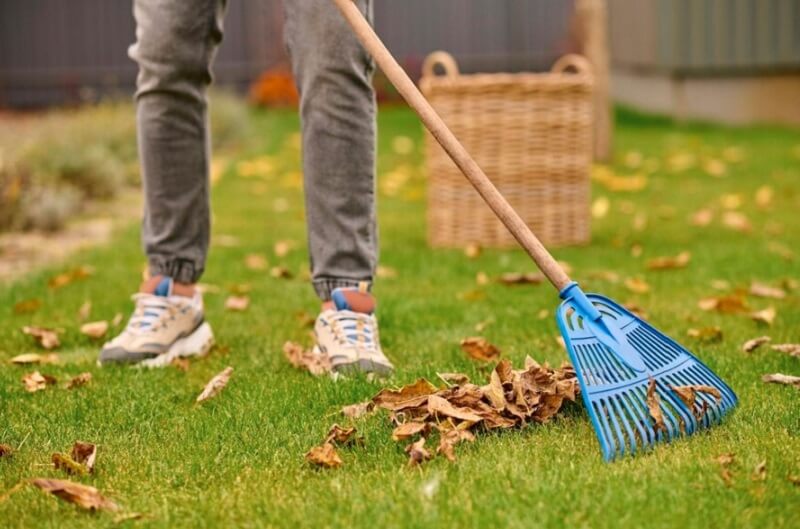If you’ve recently explored a new hobby in gardening and taking care of plants, know that these are effective ways to keep your mind and body healthy. It feels good to be one with nature, and it can be rewarding to see the seeds you’ve planted start sprouting and growing over time. However, gardening produces green waste that has to be dealt with somehow.
The waste generated by gardens can be massive, especially when maintenance is done regularly. You’re probably worried about accumulating so much garden waste that it’s no longer possible to mix it with your everyday trash. Fortunately, there are many options for dealing with this issue.
Read down below, and you’ll discover some effective ways to manage your garden waste:
Hire a Third-Party Collector
This first tip is the most convenient way to rid of your garden waste. You’ll find these services available at Same-Day Rubbish Removal’s website. The company will pick up your garden waste if you cannot compost it at home or do not have access to a local dump. These companies possess the expertise and skills to get rid of your environmental wastes. You can rest assured knowing they can dispose of these wastes in responsible and proper ways.
However, not all garden wastes are acceptable, and these companies take garden waste segregation seriously. Thus, it’s best to know how to categorize yard waste properly so they can remove them quickly. The good news is that you wouldn’t have to worry about dealing with organic wastes, since they will take care of their disposal without any hassle.
Garden wastes should be separated from recycling and residual wastes when placed out for collection. Through this, recyclable materials can still be converted into useful items and reused accordingly. As these companies prioritize recycling the wastes compared to throwing them on landfills, it’s best to employ their services if you need a helping hand with your garden wastes.
Create your Compost
Equipping and decorating your garden with beautiful furniture and delicate plants and flowers are all important. But ensuring the condition of your plants is even more crucial. One effective solution is to use compost.
Recycling your garden wastes is one of the easiest ways to dispose of them. As soon as you do your research and study about composting, you’ll realize how helpful it can be for your garden as well. Composting is by far the most environmentally friendly way to manage garden waste.

First, it minimizes the mileage of vehicles used for waste pickup and reduces the need for filters and cleaners at recycling centers. The compost you generate can be used to protect and nourish the plants on your property over the winter so they can grow well next season. If you produce more compost than you need, you can donate it to a community group, charity or even sell it to your neighbors. Talk about generating extra income out of waste.
Many community charities run education programs on compost garden waste, and there are excellent online resources to help you. If you want to start composting, you can either make a heap in the corner of your garden or place compost in a specially designed container (bin) available at garden centers. You can also be resourceful and go for recyclable containers that you can find in your home.
You can turn many things into compost, including fallen leaves, clippings, grass clippings from lawns and weeds, food waste (organic kitchen waste), and clippings from soft hedges and old bedding plants. The compost can be used for everything that is ‘green’ like vegetables. However, it is best to avoid dairy, fish, and meat because these products may attract pests.
A compost pile or bin should be constructed in layers, with fresh manure or soil in between each layer of compost. If your heap or bin is full, let it remain covered for several months for the materials to decompose eventually. When that’s done, you’ll end up with fibrous soil that will aid your garden’s health. Imagine the money you’ll save on fertilizer!
Wait for your Community Garbage Collectors
This third option is inexpensive yet is completely subject to availability. You’ll have to rely on the waste management system of your community. Waste must be separated properly, and a collection schedule must be followed. Trimming and cleaning schedules should be adjusted based on the collection schedule to avoid letting waste sit on your property for too long.
Conclusion
Being closer to nature though tending a garden is a great way to relieve stress. In addition, it can be a great and enjoyable way to exercise daily. Gardening comes with some disadvantages too, which is the accumulation of yard waste. However, with the three tips mentioned above, you can effectively manage your garden waste disposal without a problem.

